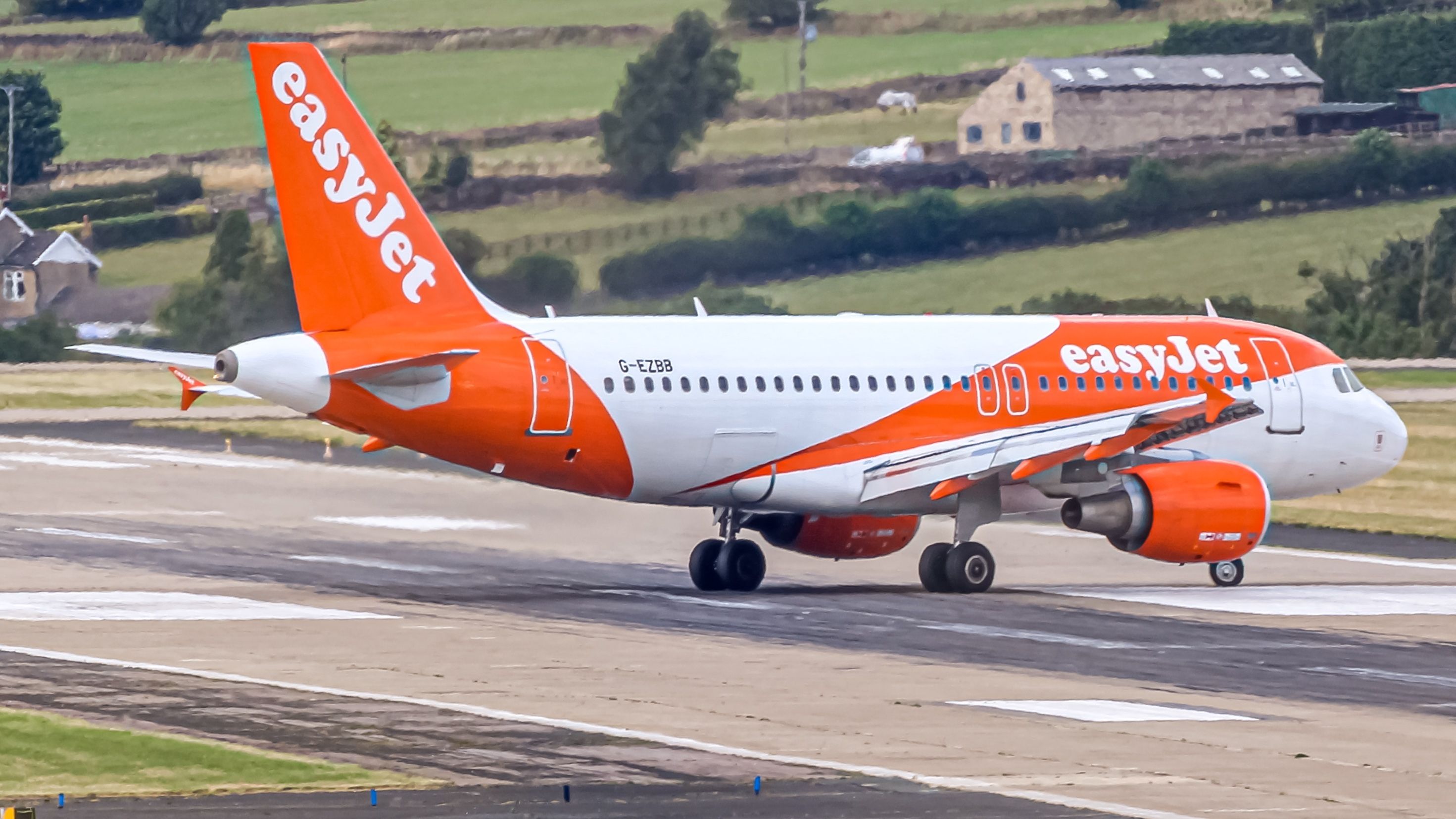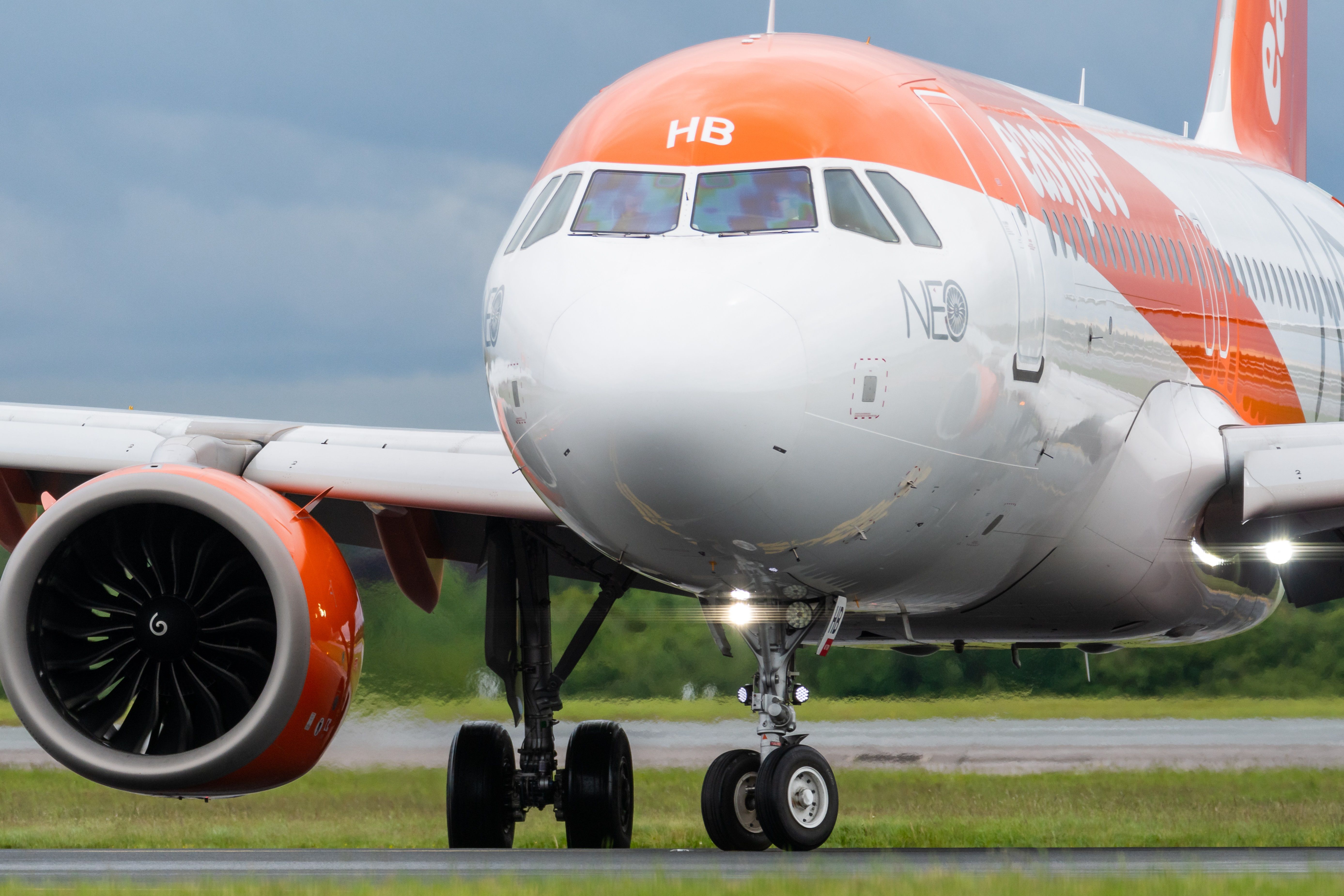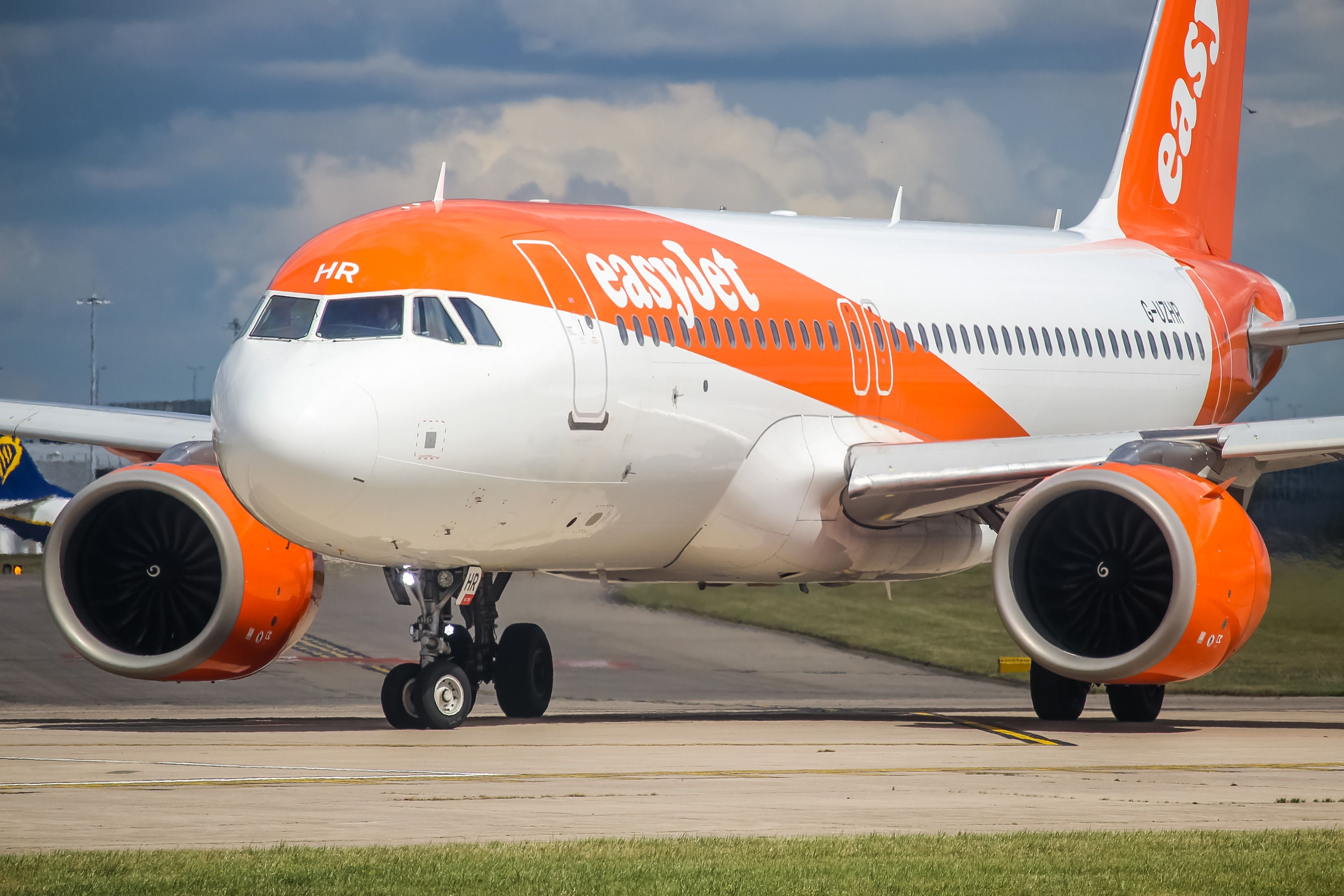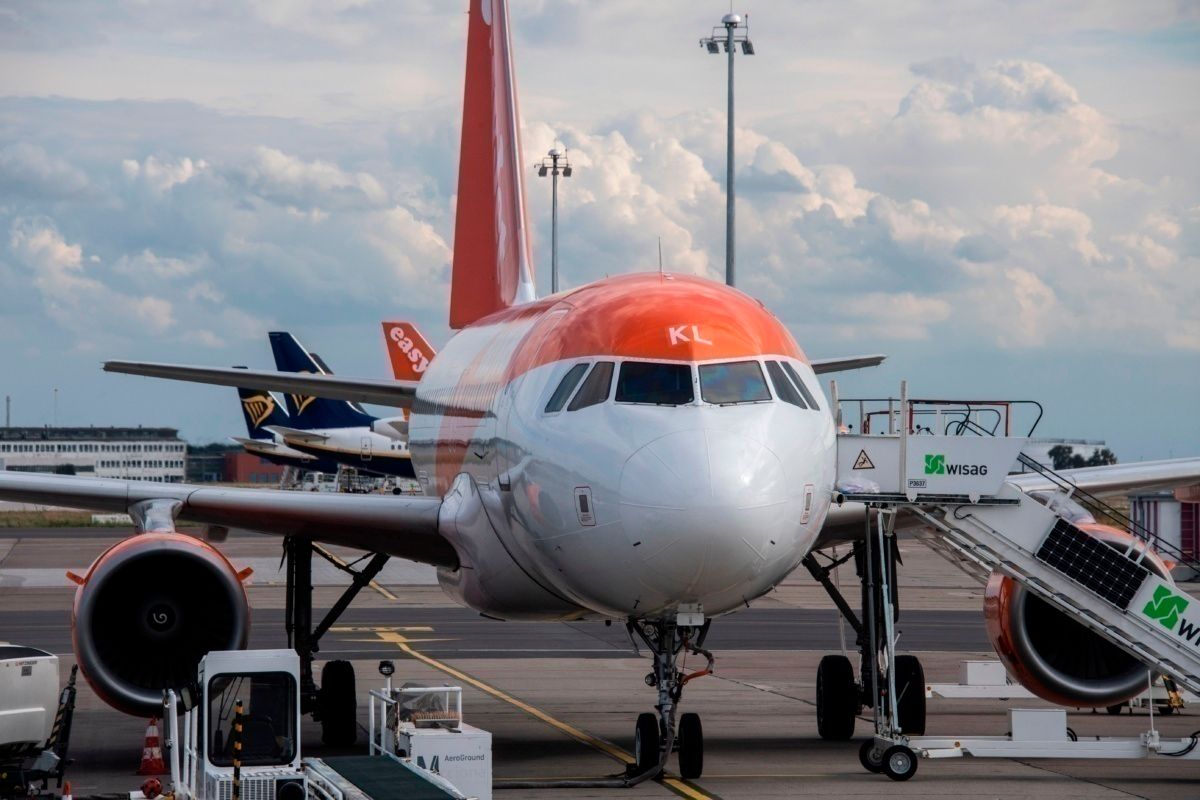The UK government has announced billions in investment to produce affordable and homegrown power to strengthen Britain's long-term energy security and independence. From setting aside funds to support everything from solar power to port infrastructure projects to investing in sustainable aviation fuel, the plan covers pretty much all areas of power generation and related infrastructure. And now, British multinational budget airline easyJet's CEO has given his opinion on it, welcoming the decision.
Energy revolution plan
The UK government has rolled out an extensive multi-billion pound plan to scale up affordable, clean, homegrown power and build thriving green industries in Britain. Recent geopolitical events have disrupted the traditional structures of global energy supplies, and the UK has now decided to invest heavily to be more self-sustainable and greener for its energy needs. Britain’s Energy Security Secretary Grant Shapps commented,
“Following our unprecedented cost of living support this Winter, which continues, this plan now sets out how we fix this problem in the long term to deliver wholesale UK electricity prices that rank amongst the cheapest in Europe, as we export our green growth expertise to the world.”
The plan expects billions of pounds of investment coming in the following years that will support infrastructure development to produce cleaner and greener energy.
Measures also include backing the first tranche of new green hydrogen production projects under the £240 million Net Zero Hydrogen Fund as part of the development of this new power source. A shortlist of 20 projects has been announced to take to the next stage in the first electrolytic hydrogen allocation round.
And among the various industries covered under the scheme, aviation also finds a mention under the ‘decarbonizing transport’ section. For the aviation industry, the government has opened the second round of the £165 million Advanced Fuels Fund and launched the second SAF mandate consultation.
The funding is part of the larger vision of building a stable environment for businesses to invest and grow in the transition to electric vehicles and sustainable aviation fuel.
easyJet welcomes the plan
One airline that has been quick to appreciate the energy plan is British low-cost carrier easyJet. Johan Lundgren, CEO of easyJet, commented,
“We welcome the Government’s announcement today committing to the funding of hydrogen projects as well as supporting other potential key technologies like carbon capture.
“Green hydrogen not only presents a unique opportunity to a hard to abate sector like aviation to help it achieve its net zero goals through zero carbon emission aircraft technology, but hydrogen is also a massive opportunity for the country to create a world leading industry and bring with it new jobs and economic growth.”
Doing its bit
To align itself with the changing trends of the aviation sector, easyJet set a new goal last year to cut emissions by 35% by 2035. It intends to achieve this through a combination of fleet renewal, operational improvements and efficiencies, airspace modernization, and the use of sustainable aviation fuel.
Get the latest aviation news straight to your inbox: Sign up for our newsletters today.
Last year, it also optimized a flight route for the “Connecting Europe by Air – the Green Transformation” event at Lyon–Saint Exupéry Airport (LYS) on June 28th. Its flight arriving from Lisbon followed a specifically designed, optimized flight plan to showcase the potential for reducing carbon footprint.
Earlier this month, the carrier announced that it plans to retire 40% of its Airbus A319 aircraft by 2026, a move that will prioritize the use of more latest-generation fuel-efficient aircraft to further reduce its carbon footprint.
What are your views on this? Please leave a comment below.





